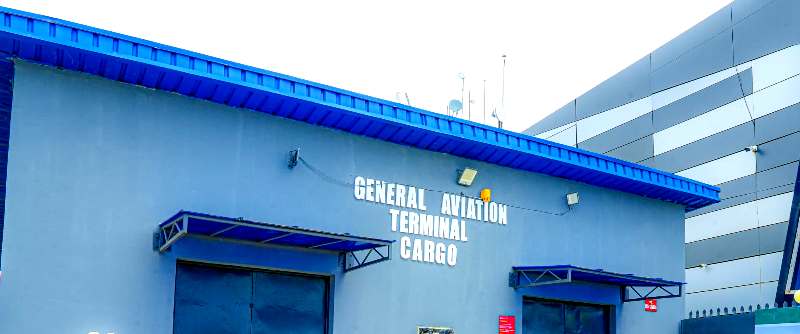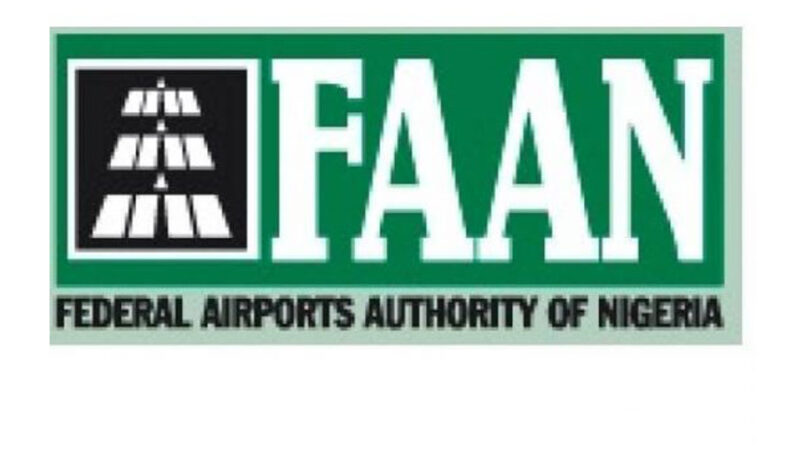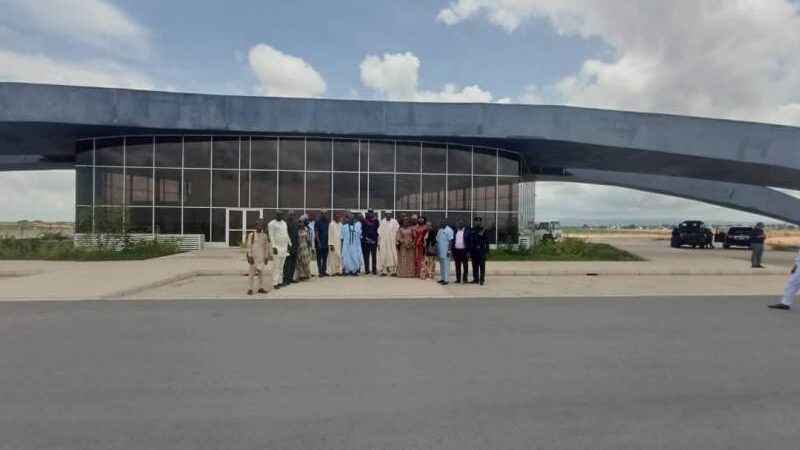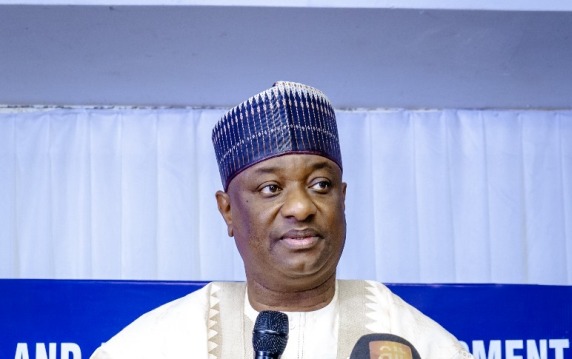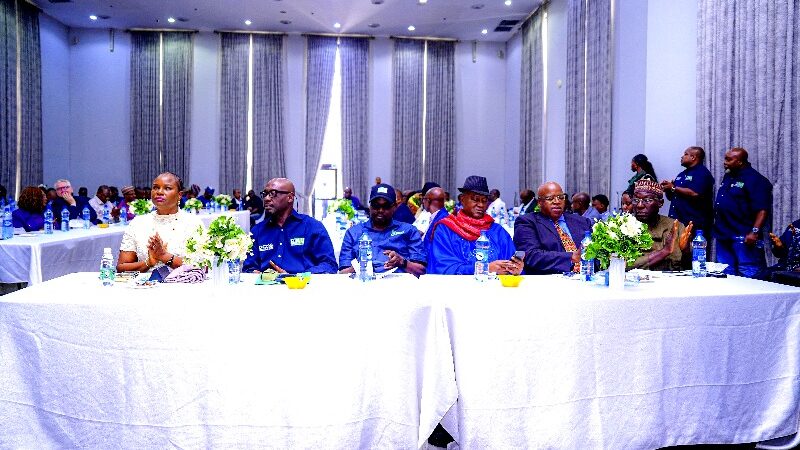Fears, Issues Around Signed Cape Town Convention Practice Directions
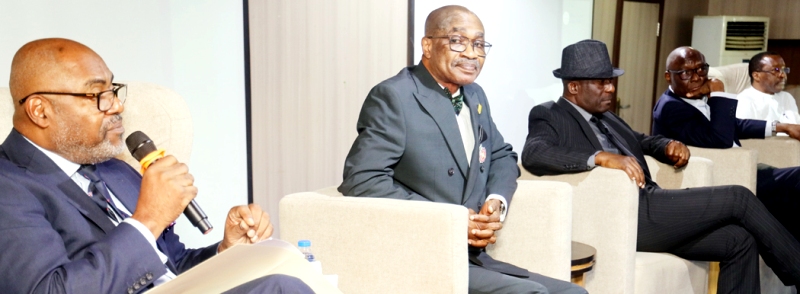
Lawyers and other stakeholders in Nigeria’s aviation industry have evaluated the implications of the activation of the Cape Town Convention Practice Directions by the Chief Judge of the Federal High Court of Nigeria, Justice John Tsoho, highlighting the benefits, and identifying possible challenges in implementation.
The event was the Quarter3 Business Breakfast Meeting of Aviation Safety Round Table Initiative (ASRTI) held on Thursday, November 28, 2024 at Golfview Hotel, Ikeja, Lagos under the theme, “Cape Town Convention: The Implications Of The Cape Town Practice Directions On The Fortunes Of Nigerian Airlines And The Economy.”
The Cape Town Convention on International Interests in Mobile Equipment, or Cape Town Treaty (CTC), is an international treaty which provides rules for the establishment and effects of international interests relating to certain categories of mobile equipment specified in its protocols.
The CTC attempts to resolve the problem of obtaining certain high-value mobile equipment, specifically aircraft equipment and so on. The treaty creates international standards for the registration of contracts of sale (including dedicated registration agencies), security interests (liens), leases and conditional sales contracts. It provides various legal remedies for default in financing agreements, including repossession and the effect of particular states’ bankruptcy laws.
The treaty was signed in 2001. One of the protocols signed but which took effect on March 1, 2006 is on Aircraft Equipment (aircraft and aircraft engines) after it was signed by nine countries including Ethiopia, Ireland, Malaysia, Oman, Panama, Pakistan, Senegal, the USA and Nigeria. It is the only protocol entered into force.
On December 31, 2002, the administration of President Olusegun Obasanjo of Nigeria ratified the Cape Town Convention whose primary aim was to resolve the problem often associated with obtaining certain and opposable rights to airframes, aircraft engines and helicopters which by their nature, have no fixed location. The Convention was to assure the ease of recovery of these high-value aviation assets and allay the fears of repossession challenges often faced by aircraft owners and lessors when the lessee defaults. Today, the convention is in force in 87 Contracting Parties.
The Federal Republic of Nigeria subsequently, in year 2007, lodged her Declarations and reservations to the Convention’s Protocol and application as her local conditions permit. This is a normal treaty ratification procedure in international law.
IDERA means Irrevocable Deregistration and Export Request Authorization in the form annexed to the Protocol or such other form as may be required by the applicable Authority. It is a voluntary measure that allows a registration holder to give the authority to deregister and export an aircraft to a specific party.
“Consequently, the activation of the Practice Directions initiated in 2024 by Minister of Aviation & Aerospace Development, Festus Keyamo (SAN) catapulted Nigeria into the enviable group of nations where lenders and investors are assured of a judicial system that eases the recovery of their assets and prompt resolution of related disputes,” said the President, Aviation Safety Round Table Initiative (ASRTI), Air Cdr. Ademola Onitiju (Rtd) while welcoming participants at the meeting.
However, the experience of lessors seeking to enforce CTC provisions have not been pleasant in Nigeria just as there have been infractions by both parties in the past. The possibility of default on the part of the lessor after signing IDERA was raised in a presentation by the Chief Executive Officer of TopBrass Aviation, Mr. Roland Iyayi.
“A domestic carrier in Nigeria paid $2 million to a lessor. The lessor flew away with the money. The Nigeria Civil Aviation Authority (NCAA) could not help the airline,” said Iyayi.
Considering the fact that default by a few Nigerian operators in the past after signing IDERA had contributed to the image problem that the Practice Directions intends to address, the Managing Director of Belujane Konzult Limited, Mr. Chris Aligbe said “infraction without sanction is no infraction. Therefore, there should be sanction for any operator who violates the CTC Practice Directions provisions. Such operator should have the Air Operators Certificate suspended for a period of ten years.”
Former Managing Director of Federal Airports Authority of Nigeria (FAAN), Capt. Hamisu Yadudu said an airline’s signing of an agreement with lessor without intention to comply amounts to giving assurance of false comfort to the lessor because the IDERA was supposed to provide assurance of comfort in the transaction. “If as an operator, you know you will not comply with an agreement, don’t sign it,” he said.
The 2nd Vice President of ASRTI, Dr. Alex Nwuba stressed the need to address the issue of arbitration before the high courts.
In his presentation, the Principal Partner, Pekun Sowole Esq, Barrister Pekun Sowole noted that the definition section of the Practice Direction did not define aspects of the assets that are affected by the practice direction, adding that the Practice Direction cannot stop appeals to the Supreme Court and that any lawyer could cash in on loopholes to frustrate intentions of the Practice Directions.
“Once a stay of execution is obtained, the aircraft goes nowhere and we are back to square one,” he said.
Moderating the panel session, the Lead Partner, Aelex Partners, Mr. Fubara Anga wondered the capability of signing the CTC Practice Direction to change the prevailing lending decisions of international lenders, considering the existing volume of indebtedness and the prevailing foreign exchange crisis in Nigeria.
He stressed that the fears of airline operators that the Practice Direction gives lessors an undue advantage that could be abused, should be addressed.
Former Director General of NCAA, Engr. Benedict Adeyileka posited that to get things right, leaders of the industry should be selfless and Capt. Prex Porbeni said lack of focus is responsible for the country’s problems.
Mr. Albinus Chiedu of Aviation Monitor noted that a Minister or head of an agency who assumed office and took time to develop Key Performance Indicators (KPIs) cannot be accused of not being focused but that adequate consultation and involvement of experienced aviation professionals should be made before taking critical decisions in the industry.
SEE MORE PHOTOS
PHOTOS From ASRTI 3rd Quarter 2024 Business Breakfast Meeting

